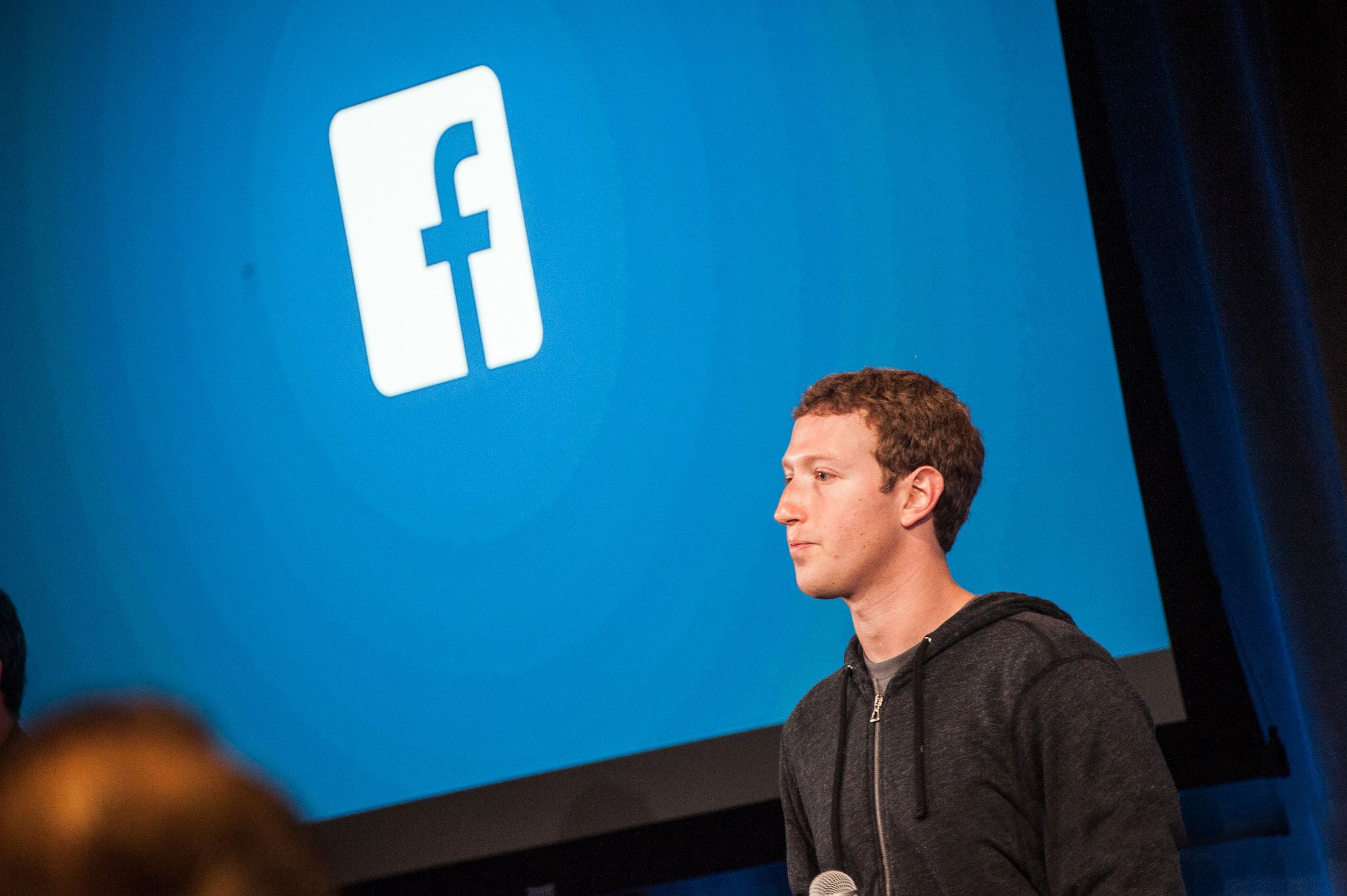Former Facebook employees weigh in on iOS 14 tracking changes - TechnW3
"It's affecting Facebook at scale. Not the small business owners."
What you need to know
- Facebook has had an awful lot to say about the damage changes to iOS 14 tracking could have on small businesses that use its service.
- Former employees have suggested that might not actually be true.
- At least one said the problem was impacting Facebook "at scale", rather than small business owners.
Former Facebook employees have revealed that changes to privacy and tracking in iOS 14 may not be as bad for small businesses as Facebook has stated publicly. CNBC says it spoke with a "handful of former Facebook employees" to ask why Facebook "is making such a loud fuss about Apple's upcoming change." One impact noted by the report is the loss in effectiveness of measuring "view-through conversions" (How many people see an ad, don't click on it, but then buy a related product later on):
Losing that type of measurement could be a big blow for Facebook. If advertisers are unable to accurately measure the effectiveness of their Facebook and Instagram ads, they may feel compelled to shift more of their budgets to other apps and services where they can see the exact return on investment for their ads.
One former employee also suggested Facebook may be trying to repair its reputation in the wake of the 2018 Cambridge Analytica scandal and accusations of bias and misinformation:
By taking the moral high ground and saying that it is standing up for small businesses, the IDFA debate presents an opportunity for Facebook to rebuild goodwill, even if it's with just a portion of the general public, one former Facebook employee said.
But according to the report, one employee said that smaller businesses might not be impacted the way that Facebook would have us believe:
With less tracking data available at its disposal, Facebook and all of its clients, including small businesses, will not be able to target ads as effectively as they once did. So in that sense, yes, small businesses will be affected.
However, for many small businesses, the change may not be noticeable at all.
The report notes how some businesses, (a coffee shop in Texas for example) might not rely on IDFA collected data, but simply basic age and location distance data available from Facebook's own apps, rather than any type of tracking. From the report:
"If you talked to any restaurant owner anywhere and asked them what IDFA is, I don't think any of them would know what that is," Love said. "It's affecting Facebook at scale. Not the small business owners."
The report goes on to say that small business owners who might feel the pinch are "are start-ups backed by venture capital money who have hired professionals with the skills to target users with sniper precision" and that the only people targeting across mobile, web, and Facebook Audience network weren't really small businesses, but "sophisticated VC-backed startups".
The report notes, however, that in the sense that with less tracking data available, Facebook "and all of its clients" including small businesses "will not be able to target ads as effectively as they once did."
Speaking to iMore, one business owner explaining the changes said that instead of precisely tracking conversions and data through Facebook's pixel, Facebook now offers an amalgamated attribution model that is "more of an estimate". They said that this data was far from clear, with lots of missing pieces such as total return on ad spend or total purchases made and that it was "getting harder" to see whether the money being spent on Facebook advertising was actually worth it. They described having to trust Facebook with the new model, as opposed to being reliant solely on the data beforehand. Prior to the changes, the business said "most" of its advertising focus was Facebook, whereas now the focus was on Google and other platforms, with Facebook making up a "lot less" of its revenue than before, down to around 15-20%, as opposed to 30-40% prior to the changes. However, they did note that some of their scaling back was more in anticipation of the threat as described by Facebook, rather than because they were seeing the impact of the changes in iOS 14.
Apple introduced the changes, which require users to opt-in if they want to be tracking using an IDFA identifier across different apps and websites, in an iOS 14 beta back in January and says it will be a requirement broadly from early spring. With the public version of iOS 14.4.1 released earlier this week, the public version of 14.5 is not far away, and will likely reveal the full scale of the impact of these changes when it is released.
from iMore - Learn more. Be more.
via TechnW3


No comments: